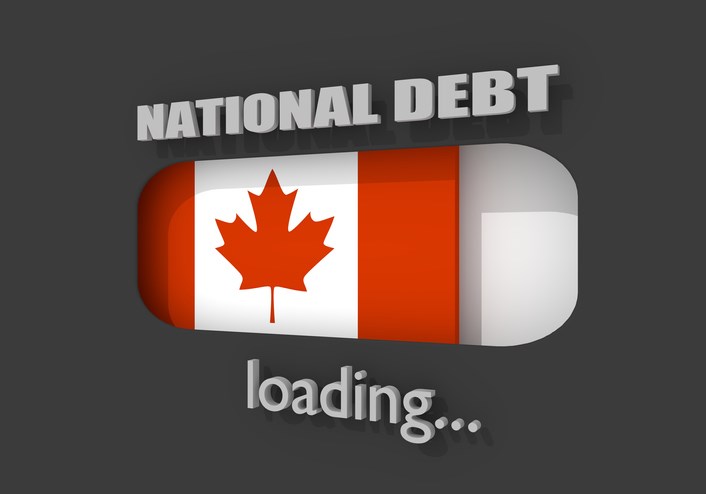It is awkward when facts get in the way of fantasy.
Conservative leader Pierre Poilievre is releasing a series of videos under the moniker “Debtonation”. I presume the name is meant to imply the whole country’s economy is about to blow up.
He claims Canada has racked up $10 trillion in debt. More than three times our annual GDP. A staggering sum. Guaranteed to scare anyone into thinking we are in serious trouble.
Of course, Poilievre would like us to believe he will be the white knight saving us from the dastardly debt monster and Prime Minister Trudeau.
Except, of course, it is not really the whole truth. The $10 trillion represents all of the debt in the country – personal, corporate, and government. And he conveniently ignores the fact our net personal and corporate assets more than cover their portion of the pie.
Still the Canadian general government net debt is substantial. But only two thirds of it lies with the federal government. However, in 2022 – the last year for which we have complete numbers – the federal component decreased by $31.7 billion to $876.4 billion, according to StatsCan.
Yes, decreased. We owe less now than at the beginning of 2022. The provincial, territorial, and local government debt decreased by $49.1 billion to $479.6 billion. Again, a decrease.
I am not saying the national debt isn’t a large sum of money. But we are doing well compared to other countries – around 20 percent of the GDP versus 118 percent south of the border. Indeed, we are doing better than all of the other G7 countries.
The numbers aren’t as rosy on the personal or corporate side of the equation but we are still not doing as bad as many other economies.
For someone trying to make ends meet – to pay the rent, the utilities, and put food on the table – things can be a hard struggle. But rather than blaming Trudeau for everything, let’s consider where the real issue may lie.
Last week, the Canadian Centre for Policy Alternatives released the salary data for the top 100 CEOs in Canada. They averaged $14.9 million or 246 times the average worker’s wage. Perhaps, if workers wages had kept pace with corporate profits, we would be better off.
Todd Whitcombe is a chemistry professor at the University of Northern B.C.



